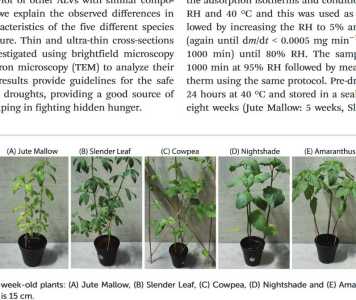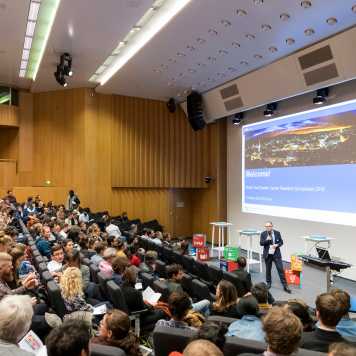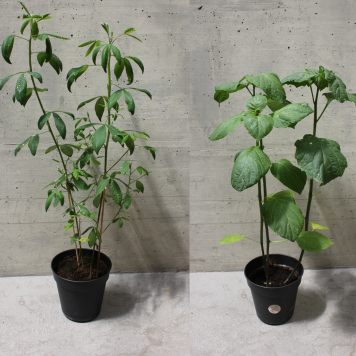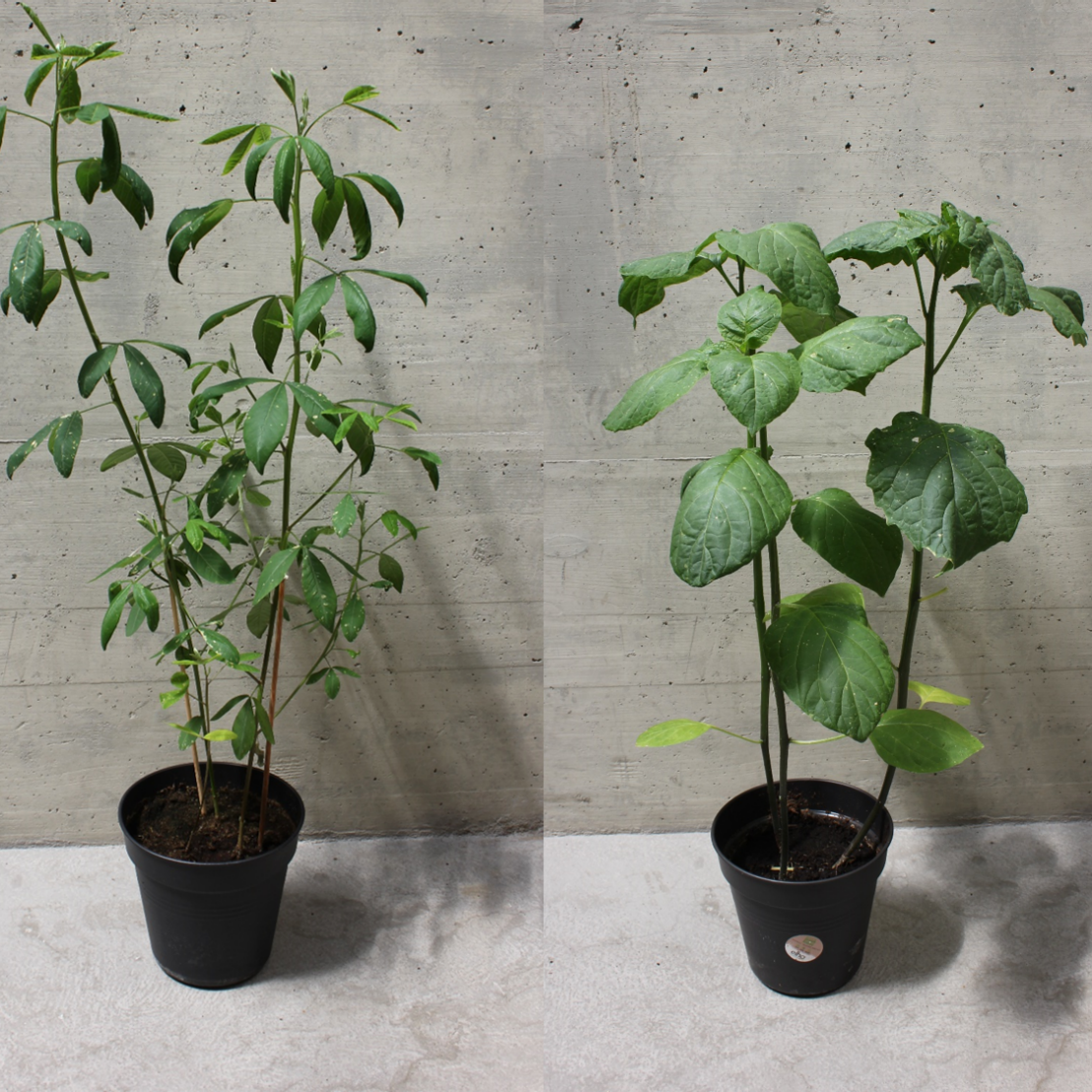SoLVeD
Soft matter approach to effective preservation of African Leafy Vegetables (ALVs) by drying by desiccant / solar hybrid system (SoLVeD)
DownloadDownload Final Project Fact Sheet (PDF, 916 KB)vertical_align_bottom
DownloadDownload Fact Sheet (PDF, 265 KB)vertical_align_bottom
Contact: Prof. Raffaele Mezzenga, Laboratory of Food and Soft Materials
The problem of malnutrition and nutrient deficiency, particularly in women and children as well as droughts that lead to reduction in food supply and starvation are well documented for Sub Saharan Africa. Yet in the same region, post-harvest losses of vegetables are significantly high, up to half the produce, mainly due to lack of technical packages for preservation. With increasing urbanization, there is rising demand for packaged food. African leafy vegetables (ALVs) have been found to have high levels of nutrients and phytochemicals. Therefore, these vegetables have potential for up scaling to address food security, nutrient deficiency and packaging for urban consumption. They sprout in large volumes during the rainy seasons and require very little inputs. This study intends to address the problem of post-harvest losses of the African leafy vegetables by preservation through drying. In particular a hybrid super absorbent polymer (SAP) / solar drying system will be considered for drying. This method is likely to optimize nutrient, phytochemical as well as colour preservation as it operates at low temperatures, is simple to construct and minimizes energy cost. Hence the processed vegetables will be of high quality but supplied at the lowest price possible. The study will encompass soft matter characterization of the vegetables to understand structural changes the vegetable undergoes during processing with an objective of predicting optimal processing conditions and preserving the important properties of the dried vegetables. Nuclear magnetic resonance and microscopic optical methods will be used for soft matter characterization. Optimum storage conditions, shelf life and appropriate packaging material will be determined through sorption isotherms.

Publication in Food & Function (2020)
external pageDrying of African leafy vegetables for their effective preservation: the difference in moisture sorption isotherms explained by their microstructurecall_made by L. van’t Hag et al.
Oral Presentation at World Food System Center Research Symposium 2018

Soft matter approach to effective preservation of African leafy vegetables by drying (SoLVeD) by Leonie van't Hag
Publication in Journal of Biosystems Engineering (2018)

external pageEffect of Drying on the Nutritional and Organoleptic Characteristics of African Leafy Vegetables, Jute Mallow (Corchorus olitorius L.) and Cowpea (Vigna unguiculata)call_made by Mutuli, G. P.; Mbuge, D. O.
Poster Presentation at World Food System Center Research Symposium 2017

DownloadSoft mater approach to effective preservation of African Leafy Vegetables (ALVs) by drying: SoLVeD (PDF, 4.3 MB)vertical_align_bottom by van ‘t Hag, L.; Mezzenga, R.

